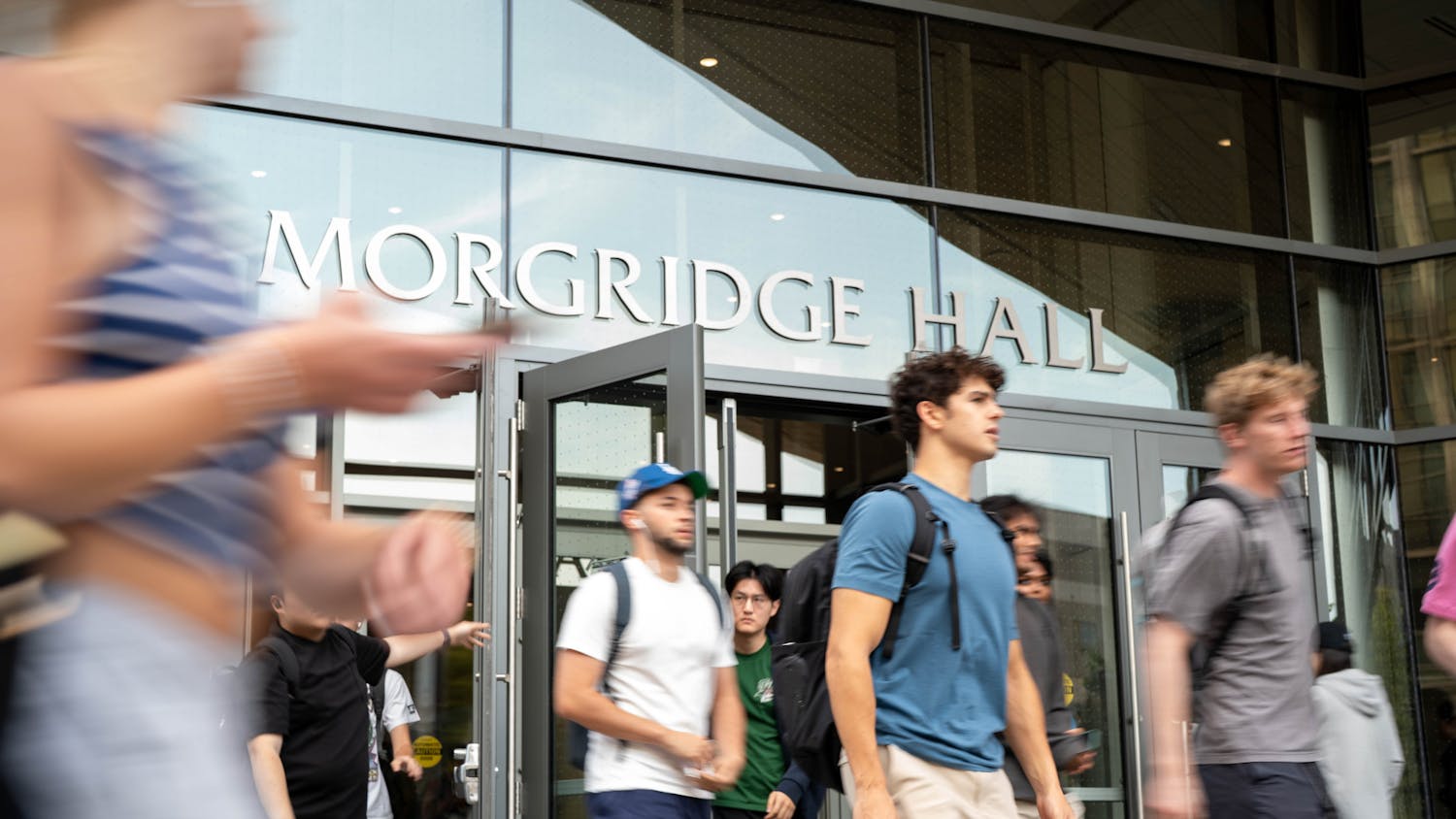Carter Kofman was 19 years old when he had to put his education at UW-Madison on hold to get sober. After going into recovery in 2014, he returned to campus in the spring, aware living alone could be tough in a college environment.
Determined to stay on track, Kofman joined Live Free, a wellness and recovery student organization, where he met fellow sober students and learned about recovery housing options near campus.
“I latched on to people in a similar situation as me and we grew with the organization,” said Kofman. “That can help students feel like they have a community, that’s what I’ve found.”
An anonymous student in recovery said when deciding to go back to school after getting sober, they were shocked to learn UW-Madison didn’t have more options for sobriety housing, such as those offered by Ohio State University and Texas Tech University.
Recovering off-campus
In May of 2015, Kofman moved into Aaron’s House, a recovery home founded by Tom Meyer in 2007 in honor of his late son, Aaron. The private sobriety house, located on 850 E. Gorham St., is set up under a peer support model, which Aaron suggested in 2005 after finding support and sobriety at an all-boys recovery home.
AJ Ernst, Aaron’s House’s director of resident services, said the peer support model works because residents and mentors function like a real, healthy family.
“If I ask someone how another is doing, I should expect them to have an answer,” Ernst said. “They need to pay attention to the behavior of each other in-depth and as a result there is responsibility and they bond with each other and develop sound relationships.”
Aaron’s House is currently home to five people who attend college in the Madison area. According to Meyer, the house has been so successful in the 10 years since it opened that it has inspired other recovery houses to open for interested students.
Built with a similar structure, Grace House is a recovery home specific to the needs of women. Erin Helm, Grace House’s director of resident services, said gender is a factor in how a person overcomes addiction, and therefore it is important to have gender-specific living.
Grace House functions from a personal model of recovery, where recovery is centered around the individual's needs and goals. Despite this, Helm does not think there are enough resources for students overcoming addiction at UW-Madison.
“All universities need to keep working to provide recovery environments,” Helm said. ”Most don’t look at active addiction starting in college and they think recovery happens later in life.”
Ginger Morgan, founder of Next Step recovery housing, currently home to four individuals living in a single apartment unit, at the Pres House apartments on UW-Madison’s campus, shares Helm’s views.
“The university focuses its attention on the prevention of problematic behavior and developing healthy habits, but there isn’t enough on what can be done if something does go wrong,” Morgan said.
Advocates say need for recovery housing is ‘obvious’
For 12 years, UW-Madison offered substance-free living in Sullivan and Kronshage residence halls. A portion of one floor in each building was dedicated to students interested in sober housing. UW-Madison stopped offering this option last fall.
All three off-campus recovery housing options are filled mainly by students who attend UW-Madison or other Madison colleges. They are privately owned, costing between $630 and $680 per month, but program scholarships exist to help bring the price down.
Although finances play a role in why sobriety housing no longer exists on campus, Morgan said more can be done by the university.
“UW-Madison could provide structural support by having dedicated staff to support students in recovery housing, which is very different from substance-free housing,” Morgan said. “All [recovery] housing on campus right now is private, but I would still like to see the university step in as a strong partner with this.”
Kofman, who is now co-chair of Live Free, is working on possible solutions to the lack of sobriety housing at UW-Madison.
Live Free held a meeting Jan. 27 to discuss the potential of introducing a bill to the state legislature that requires certain four-year public universities to offer recovery housing.
Associate Residence Life Director Larry Davis, who attended the meeting, said UW-Madison no longer offers substance-free living due to a lack of interest from students.
“This is the first year we are not offering the substance-free community,” Davis said. “Last year we only had six students who said they were interested in living in that kind of community.”
Despite the low numbers, Kofman, Ernst and Morgan expressed a desire to connect with Chancellor Rebecca Blank and other university leaders to discuss substance-free and recovery housing options for students.
“The benefits of substance-free housing and recovery housing are pretty obvious,” Kofman said. “The next step is how this can move forward and it starts with people sharing their stories to faculty, staff and students.”
UPDATE Feb. 16, 1:18 p.m.: A previous version of this article stated Carter Kofman went into recovery in 2015, when he was 20 years old. This is incorrect, as he went into recovery in 2014 when he was 19 years old. The Daily Cardinal regrets this error.






